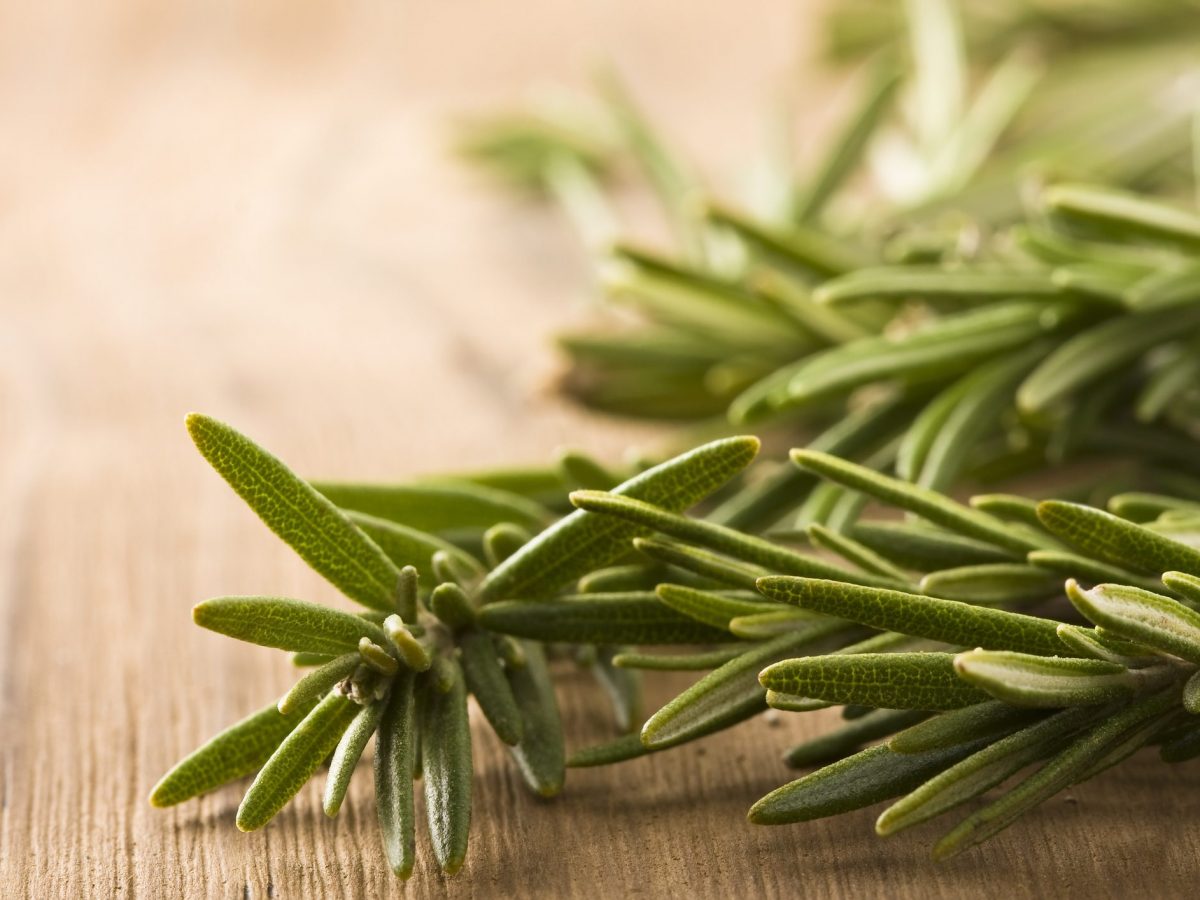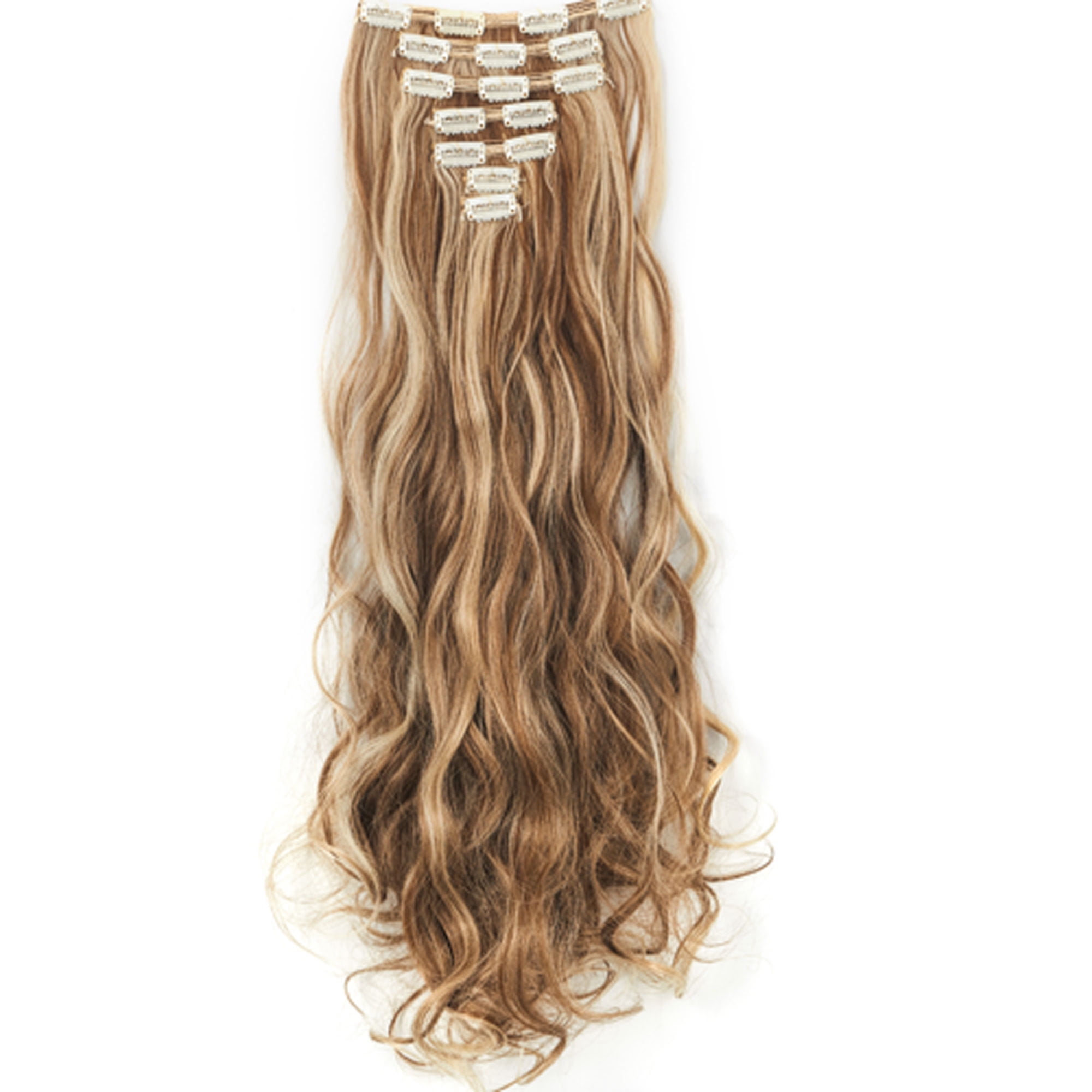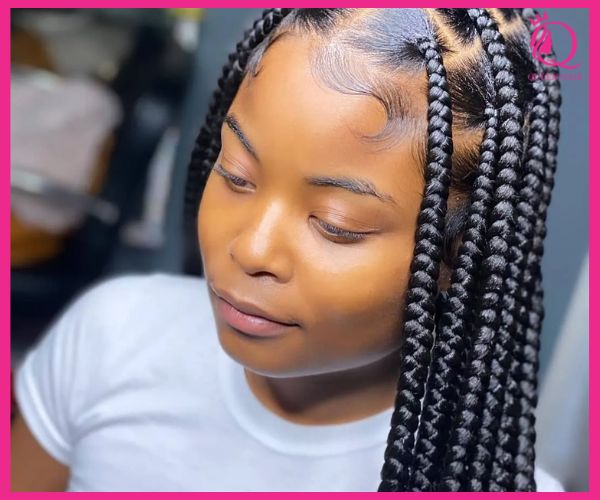Table Of Content

Dr. Spann suggests heating the oil for a few seconds for maximum penetration. “The oil should be delicately applied to dry hair and scalp using gentle, circular motions,” she says. You can also use a silicone scalp massager to really get in there if you're averse to digging your fingers into your scalp (and it helps me prevent from scratching with my long, gel-X nails). Then, gently massage into the scalp for 10 to 15 minutes in circular motions before smoothing through the lengths of your hair. Early research suggests that applying rosemary oil to the scalp is as effective as minoxidil for increasing hair count in people with male-pattern baldness. If your TikTok’s FYP is typically an endless scroll of beauty hacks, you’ve likely stumbled upon videos on using rosemary oil for hair growth.
How long should you keep rosemary oil in your hair?
The herb not only tastes good in culinary dishes, such as rosemary chicken and lamb, but it is also a good source of iron, calcium, and vitamin B-6. It’s a perennial herb and will grow back for several years, most often from the spring through fall. It’s somewhat drought-resistant and can also withstand slight freezing temps.
What to look for in a hair growth serum
If your strands have been feeling meh lately, you might be wondering if the recent wave of TikTok evangelists praising rosemary oil for hair growth are onto something. Rosemary oil is a natural anti-inflammatory and antioxidant that can support scalp health and, in theory, help support hair growth. “When a rosemary oil blend is massaged directly onto the scalp, it can improve blood circulation, feed the follicle, and eliminate inflammation,” Kerry E. Yates, a trichologist and founder of Colour Collective, tells Glamour. Scalp health has a major impact on hair growth, and improving blood circulation is important for the anagen phase of the hair growth cycle. This is the active phase, in which cells in the follicles of your hair rapidly divide to produce new hair, according to famed trichologists at scalp-care brand Philip Kingsley. In other words, supporting follicle health can help create the right environment for your best hair growth, says Yates.
Best for Temporary Hair Thinning: René Furterer Triphasic Reactional Concentrated Serum

"I always tell my patients that the first studies tell you that these ingredients can help, but the specific concentration, how to apply, frequency and more are determined either anecdotally over time or with further studies." A 2015 study found that rosemary oil may be a useful treatment for androgenic alopecia. The participants of the study showed a significant increase in hair count after 6 months of using rosemary oil. The overall result of the study provided evidence that rosemary oil may be effective for certain hair growth. Although rosemary oil can be used on all hair types, it can potentially be a bit heavy on fine, thin, or low-porosity hair (i.e. hair that doesn’t absorb ingredients well and products tend to just sit on top). In that case, you might experience oily roots or greasy ends with rosemary oil—and tbh, any hair oil.
Should you use the whole rosemary plant or essential oil?
Does Rosemary Oil Really Work for Hair Growth? - The Everygirl
Does Rosemary Oil Really Work for Hair Growth?.
Posted: Thu, 29 Feb 2024 08:00:00 GMT [source]
After mixing about 5 drops of rosemary essential oil with a teaspoon of carrier oil (like jojoba oil or coconut oil), massage evenly into your scalp after bath or shower. Rinsing out the oil afterward is optional — though if you do rinse, let the oil sit on your scalp for at least 5 to 10 minutes beforehand. Pre-made rosemary oil products meant for topical use, like scalp treatments and body oils, are usually created by blending rosemary essential oil with a carrier oil, like almond or coconut oil. Rosemary oil helps prevent hair loss and promotes hair growth by increasing blood flow to the hair follicles and nourishing them. It is also believed to help inhibit the effects of testosterone on the hair follicles to treat androgenetic alopecia. The trial lasted six months and participants used either rosemary oil or minoxidil to treat AGA.
Never apply the undiluted essential oil directly to the hair or scalp. You can also find hair growth serums that contain active ingredients that have been FDA-approved to promote hair growth, like minoxidil. In conclusion, rosemary oil is a powerful natural remedy for promoting hair growth and improving the health of your hair. Its stimulating properties can help increase circulation to the scalp, nourish the hair follicles, and strengthen the hair to prevent breakage. By making your own rosemary oil at home, you can harness the benefits of this essential oil and enjoy healthier, more vibrant hair.
Beyond stimulating hair growth, rosemary essential oil is used to prevent premature graying and dandruff. Topically applied rosemary oil may help support hair growth and prevent hair loss. Remember to always dilute essential oils with a carrier oil before applying them to your hair or skin. Some study findings suggest that rosemary oil treatments may promote hair growth, improve energy levels, and reduce pain. However, research investigating the therapeutic uses of rosemary oil is limited.
How we picked the best shampoo bars
If you are experiencing hair loss or hair thinning, it is always best to see a board-certified dermatologist to evaluate the type of hair loss. Hair growth results showed that the oleogel continuing rosemary oil had higher effects than cedarwood. The rosemary oil oleogel was found to have similar effects as minoxidil. There are a few advantages of using a shampoo bar instead of a packaged bottled shampoo. Menthol can seriously negatively affect the breathing of an infant or small child and should never be applied to their face or allowed to be inhaled by them.
Best Overall: Nutrafol Hair Serum
The herb has been hailed since ancient times for its medicinal properties. Rosemary was traditionally used to help alleviate muscle pain, improve memory, boost the immune and circulatory system, and promote hair growth. Like some other herbs in the mint family, rosemary’s smell is considered a “cognitive stimulant” and can help make you feel more awake and focused. It’s most often used for culinary purposes, including adding earthiness and other flavors to recipes. Additionally, it has many therapeutic and household uses, including making herbal teas, candles, perfumes, hair care products and more.
To use rosemary oil as an aromatherapy treatment, you can diffuse rosemary essential oil in an essential oil diffuser or apply a few drops of rosemary oil to an eye mask before wearing it. Rosemary oil can be blended with other essential oils, such as lavender and thyme oils, to create a relaxing scent. For what seems like forever, coconut oil has been touted as the ultimate hair-and-scalp treatment. On TikTok alone, the term "coconut oil for hair" has over 33 million views and counting. Recently, however, both hair stylists and trichologists have been sharing that cedarwood oil may have more scalp-specific benefits, and therefore could be extremely beneficial to hair health and growth.
Apply diluted rosemary oil directly to the roots or bald patches and massage it into the scalp. There's no harm in using rosemary oil for hair loss, as long as you manage your expectations. Plus, rosemary oil has anti-inflammatory qualities that, over time, could potentially help prevent inflammation-based hair-loss conditions, like certain forms of alopecia, Oligee notes. TikTok and Instagram have certainly hyped up its greatness (particularly since there’s little evidence to support the efficacy of hair growth vitamins), but what’s actually the truth and what’s fiction? Well, we turned to the experts for the facts on using rosemary oil for hair and learned there’s so much more to this essential oil other than great taste.
While scientific evidence is still limited, rosemary oil has shown promising effects on hair growth — not just in TikTok testimonials. Most notably, rosemary oil patients experienced less scalp irritation and itchiness than minoxidil 2%, an advantage that sets it apart. “You can start by using rosemary essential oil one to two times per week and titrate use upwards to daily as tolerated,” says Dr. Nussbaum.







